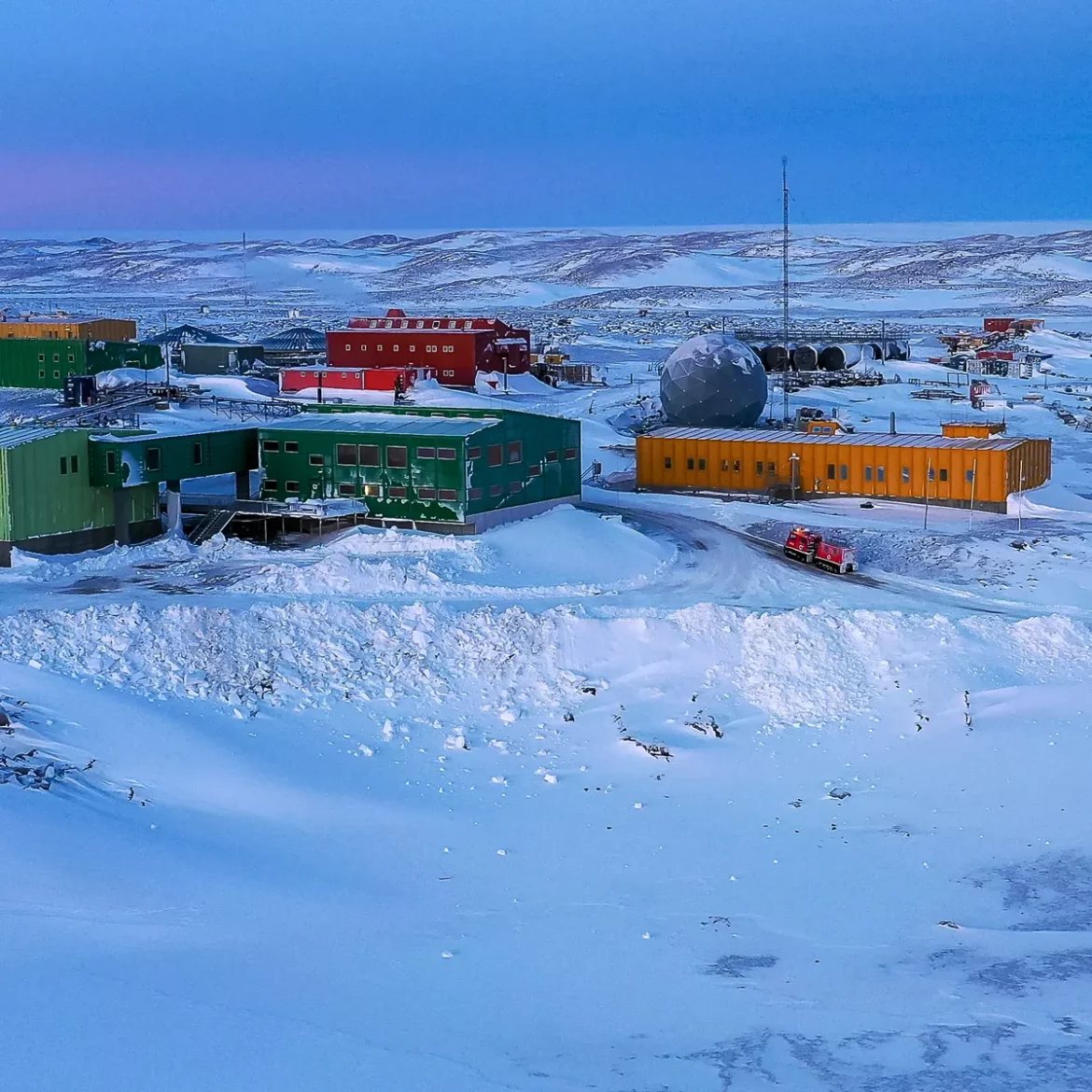International lawyers and environmentalists have warned that Australia’s international reputation and diplomatic influence will be damaged unless the federal government intervenes to ensure crucial climate change research in Antarctica is not cancelled.
According to reports, the environment minister, Tanya Plibersek, is also facing political pressure from the Greens and the Coalition, which have both raised concerns about plans to cancel or heavily restrict studies of record-low sea ice, ice shelves and declining penguin populations due to a budget crunch.
On Tuesday, it was revealed that dozens of projects were on the chopping block as the Australian Antarctic Division scrambles to make $25m of savings in 12 months to meet its existing budget. An internal document also reveals the “cleaner Antarctica program” will not operate due to budget constraints. The program, described as “a flagship science project” that would “enhance Australia’s scientific and environmental leadership”, remediates the damage caused by human activity, including diesel spills.
Read also: Japan, South Korea record heat-related deaths
Donald Rothwell, a professor of international law at the Australian National University who specialises in the Antarctic treaty system, was quoted as saying that the international community would be watching the Australian government’s response carefully.
“At the moment there is, unfortunately, a science, logistics and influence race under way in Antarctica,” Rothwell said. “We need to be constantly mindful of the fact that other nations are watching what we do – and what we do now, in 2023, can have implications for our status and our standing down the track. Great care and caution needs to be taken.”
The government maintains it has not cut the Antarctic program’s budget, but is instead requiring it to meet its existing funding commitments. An efficiency dividend has also been imposed on external consultants and labour.
The former Greens leader and environmental campaigner Bob Brown said the cancelled projects would damage Australia’s legacy as a pioneer in Antarctic conservation unless decisions were overturned.
“Just a week after the world was reeling about the news of sea ice being at the lowest level in history, they are cutting funding to the very people who are studying what’s happening,” Brown said.
Story was adapted from the Guardian.
